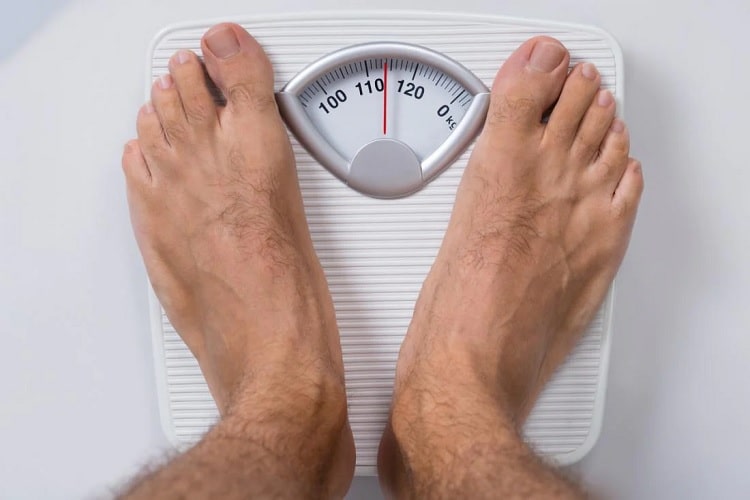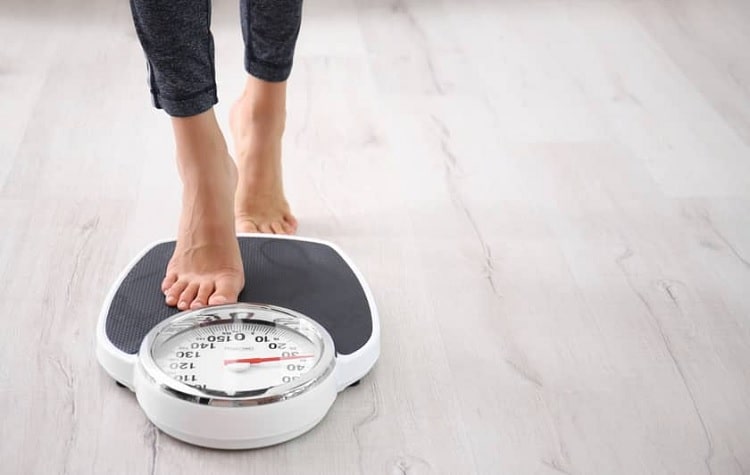The Truth About Pooping and Weight Loss: Can You Really Drop Pounds on the Toilet?
Pooping helps get rid of waste from the body. The excess nutrients and undigested food are excreted from the body in the form of feces. When you have a bowel movement, your body releases gas and bloat. This gives you the impression that you’ve lost a significant amount of weight.
If you check your weight on a scale after a poop, you might see some changes in it. When seeing a drop of some pounds after pooping, you have a leaner feeling, which makes you wonder whether you can lose weight by pooping.
But does pooping help you lose weight? Can pooping aid in losing weight over the long term? When you’re constipated, you’ll feel like you’re carrying a lot of weight in your body. After a bowel movement, people might feel lighter and more comfortable.
This makes them wonder whether pooping can help them lose weight. This article will clear your doubts regarding pooping and give you an outline of its effects on weight.

How Much Weight Does Poop Have?
How much your poop weighs depends on various factors like your diet, body weight, water intake, and frequency of bowel movements. A painless, colon-shaped bowel movement indicates good health. On average, it takes nearly 33 hours to process the food and pass it from the body as stool.
This time of processing food and expelling it through feces can vary from one individual to another based on various factors, including diet and activity level. On average, feces weigh about ¼ pound to 1 pound. A 2015 study estimated the size of the feces of an average adult to be 128 g a day.
The food you consume is broken down by several enzymes and acids in the body. Your body only takes in the necessary amount of nutrients, excreting the surplus as waste. Your poop is largely made up of water. Stool also comprises small quantities of protein, undigested food, salt, dead and living bacteria, and fat.
Although everyone’s bowel habits are different, it’s common to poop as regularly as three times each day or as infrequently as once every three days. Including fruits, vegetables, and whole grains in your diet can help with regular bowel movements.
Can You Lose Weight by Pooping?
When you have a bowel movement, you lose a small amount of fat. During heavier poop, your body releases gas and bloating. This gives you a lighter feeling and makes you wonder if you’ve lost weight. Even though you lose a small amount of weight after poops, it is more likely water weight.
Therefore, it is possible to gain the lost weight when you again consume food. For effective weight loss, you should focus on reducing visceral fat, which is usually hard to lose.
It is best to reduce your calorie consumption below what your body burns to lose weight efficiently. Having said that, you should maintain healthy bowel movements to support your overall health.
Having a healthy bowel movement is a sign of a healthy gut. But to lose significant weight, you should adopt a balanced, nutritious diet and an exercise routine.
How Does Poop Change During Weight Loss?
When you’re losing weight, your diet habits change, which can lead to changes in your bowel movements.
Frequent Bowel Movements
Losing weight through dietary changes like intake of fruits and veggies can cause frequent bowel movements. This is because of the soluble fiber content in the food you consume, which softens your stool and makes it easier to pass.
When you follow an exercise routine to lose weight, your abdomen muscles contract, thereby enhancing your bowel movements. These are the reasons why you have frequent poops during weight loss.
Change in Poop Color
The types of food you consume for weight loss have an impact on the pigment of your poop. Your fecal matter often has a darker shade because of the bile that helps with digestion. Consuming a lot of green vegetables for weight loss can alter your poop color to a green shade.
When you eat colorful fruits like cherries or blueberries, your poop color can reflect the shades of those fruits. These color changes in your poops can occur during your weight loss efforts.
The poop’s color change is a matter of concern only when it turns red, black, or gray, which can be due to issues in the gastrointestinal tract, pancreas, or bile ducts.
If the color continues or does not match the color of the meal you had, it is advised to consult a healthcare practitioner.
Besides these, there is also a moderate chance of experiencing diarrhea or constipation during your weight loss programs.
How to Have Healthy Regular Movements?
Having regular bowel movements supports your overall health. The recommended range for frequency of bowel movements is three times daily to three times per week. There are various factors that impact your regular bowel movements, like stress, medication, sickness, pregnancy, and traveling.
It is best to listen to your body’s signals and have bowel movements accordingly. Engaging in any regular exercise program or adopting a healthy diet can improve your digestion and support regular bowel movements.
Drinking a sufficient level of water in a day can help maintain fluid balance in the body. Dehydration can harden your stool and lead to constipation.
Therefore, drinking more water can help with regular bowel movements. Managing your stress levels can regulate your bowel movements. If you experience any pain during your bowel movements, you should consult your doctor.
The Bottom Line
Having regular bowel movements can lead to a small amount of weight loss. But the effects of bowel movements on weight loss are less significant and temporary. Water makes up a large portion of your poop’s weight.
If you notice a few pounds coming off your body after pooping, you might well have shed water weight, which is likely to return after consuming food or fluids. For effective weight loss, you can consider altering your diet or following an exercise regimen.
It would be best if you reduced your calorie intake below what your body burns to lose body fat. Adding fiber-rich foods to your diet can help with healthy bowel movements and weight loss.







